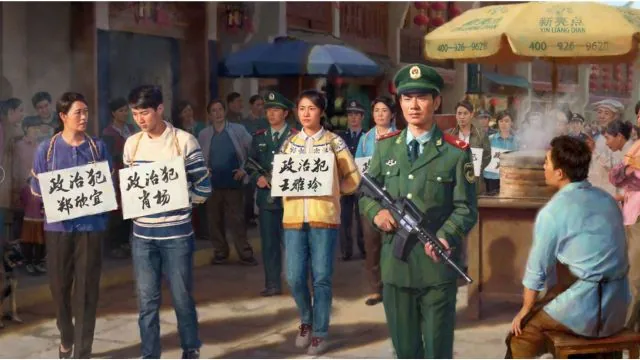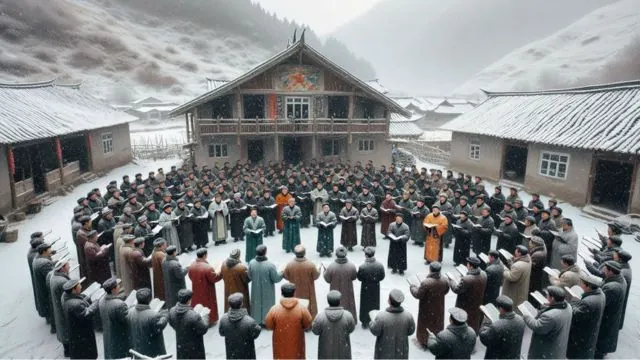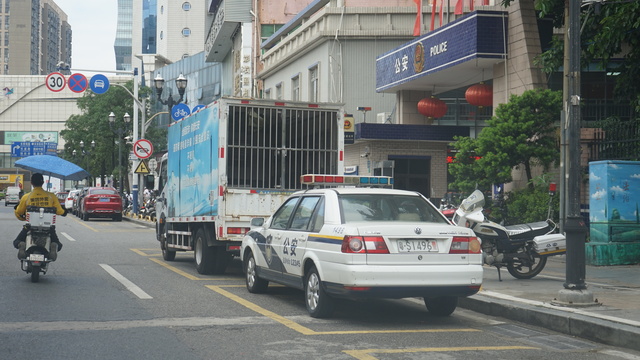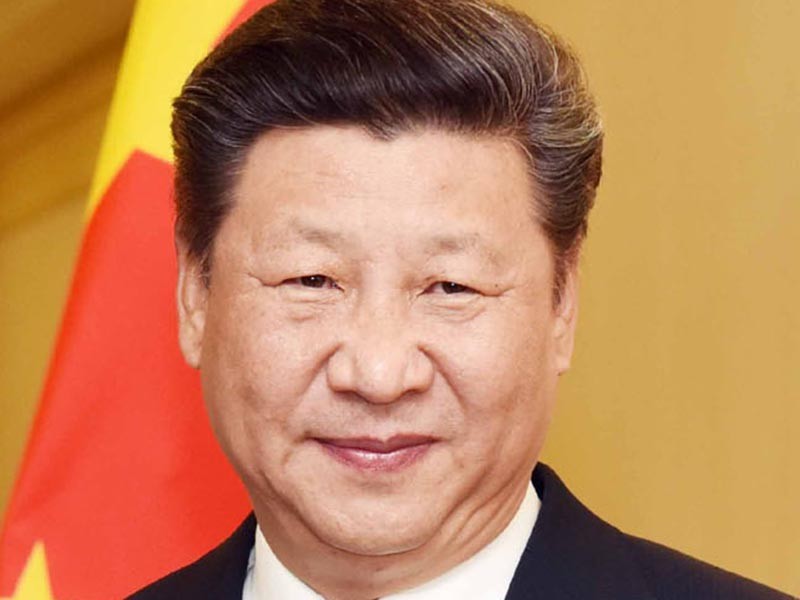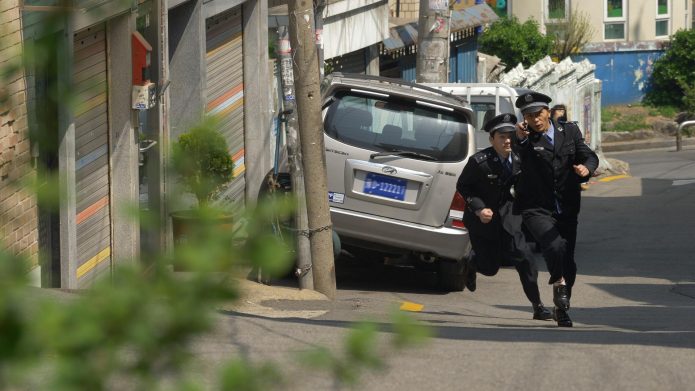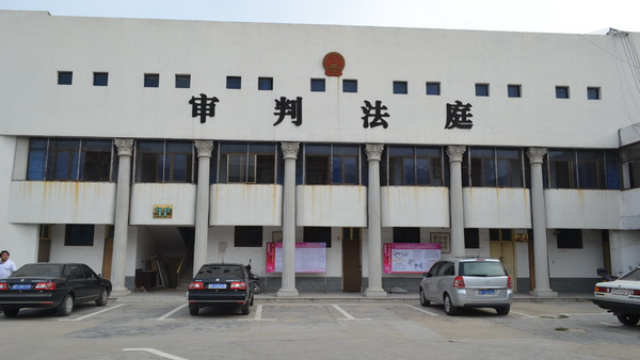U.S. Secretary of State Mike Pompeo said Wednesday that China’s newly enacted Hong Kong national security law was “an affront to all nations” and that Washington was taking steps to end special permissions for the Chinese region.
“The United States is deeply concerned about the law’s sweeping provisions and the safety of everyone living in the territory, including Americans,” Pompeo said.
The Chinese legislature, the National People’s Congress, adopted the national security law for Hong Kong on Tuesday, a day before the 23rd anniversary of Hong Kong’s return to Chinese rule.
The law recommends harsh penalties for vaguely defined crimes such as “collusion with foreign countries.” Crimes such as damaging public transportation could be considered terrorist activity punishable by life in prison. Legal analysts say it effectively ends political freedoms that long allowed Hong Kong residents to publicly express their political views and helped transform the territory into an international business hub.
“Article 38 of the new law also purports to apply to offenses committed outside of Hong Kong by nonresidents of Hong Kong, and this likely includes Americans. This is outrageous and an affront to all nations,” Pompeo said.
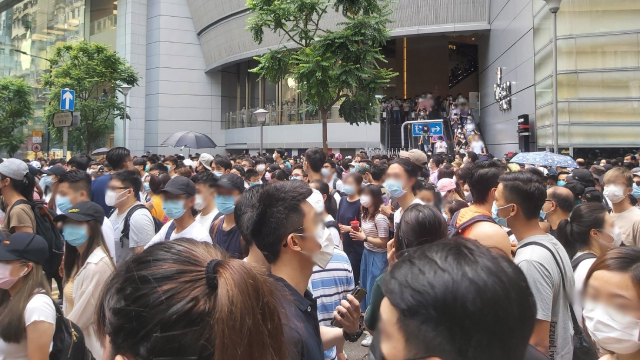
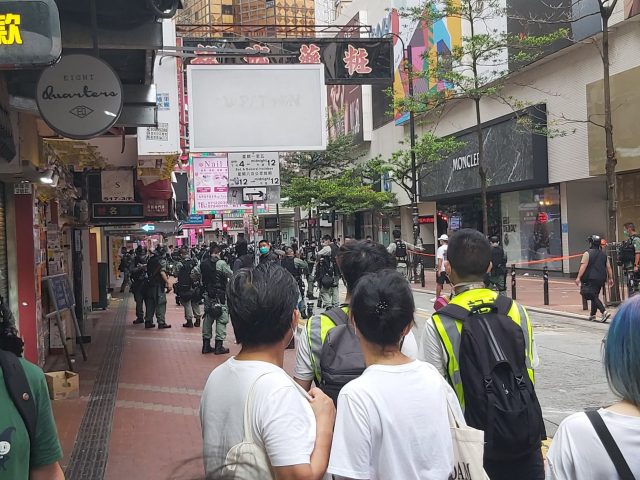
US-China tensions growing
As Beijing has tightened control over Hong Kong, U.S. leaders say China’s actions threaten American economic interests, security and values.
Analysts said the relationship between the two is at its lowest point in decades.
“The actions against Hong Kong are particularly alarming. If this is how the Chinese Communist Party treats its commitments to its own people, then the rest of world has to be truly frightened about what they can expect from the regime’s global actions,” said James Carafano, Heritage Foundation vice president for national security.
In Beijing, China imposed more restrictions on American news agencies this week, telling four organizations they must disclose details about their business operations in the country in response to what it called U.S. “suppression” of Chinese state-run news outlets. This is similar to China’s action against other foreign news outlets, including Voice of America, earlier this year.
Chinese Foreign Ministry spokesman Zhao Lijian said The Associated Press, CBS News, National Public Radio and United Press International had seven days to submit to the Chinese government details about their staffing, finances, real estate holdings and other information.
That move by Beijing came days after Washington designated four additional Chinese state-run outlets operating in the U.S. as “foreign missions.” Under the June 22 designation, China Central Television, China News Service, the People’s Daily and the Global Times are required to report personnel rosters and U.S. real estate holdings, similar to certain administrative requirements that are applied to all foreign embassies and consulates in the U.S.
US lawmakers vow more action
This week, Washington ended defense and dual-use technology exports to Hong Kong. Last Friday, the U.S. announced visa restrictions on current and former Chinese Communist Party officials deemed responsible for undermining human rights and fundamental freedoms in Hong Kong.
Wednesday afternoon, the U.S. House of Representatives passed by unanimous consent the Hong Kong Autonomy Act, legislation to impose mandatory sanctions on entities that materially contribute to China’s failure to preserve Hong Kong’s autonomy. The U.S. Senate passed the bill last Thursday.
Senator Robert Menendez, a New Jersey Democrat who is ranking member on the Senate Foreign Relations Committee, told VOA Mandarin on Tuesday that the latest action by China was very “alarming.”
“This is a continuing effort by China to have a strong grip on Hong Kong to undermine its autonomy,” Menendez said.
“That’s why the legislation that we’ve offered here is critically necessary to move forward,” Menendez added, referring to the Hong Kong Autonomy Act.
Pro-democracy activists in Hong Kong, as well as in the United States and other Western nations, say the law effectively ends the “one country, two systems” concept that was part of the 1997 handover deal, which guaranteed the city a high degree of autonomy and civil liberties for 50 years.
‘Watch very carefully’
Republican Senator Marco Rubio of Florida told VOA Mandarin that his immediate worry was that those who spoke up peacefully in Hong Kong would be subject to indefinite detention.
“I think we need to watch very carefully what happens next — particularly against groups and individuals who I’m pretty sure the Chinese government will target them to make an example of in the early days after the passage of that bill,” Rubio said.
On May 27, Pompeo reported to Congress that Hong Kong was “no longer autonomous from China” and “Hong Kong does not continue to warrant” special treatment under U.S. laws, given facts on the ground.
Yihua Lee of VOA’s Mandarin Service contributed to this report.
Source: VOA



